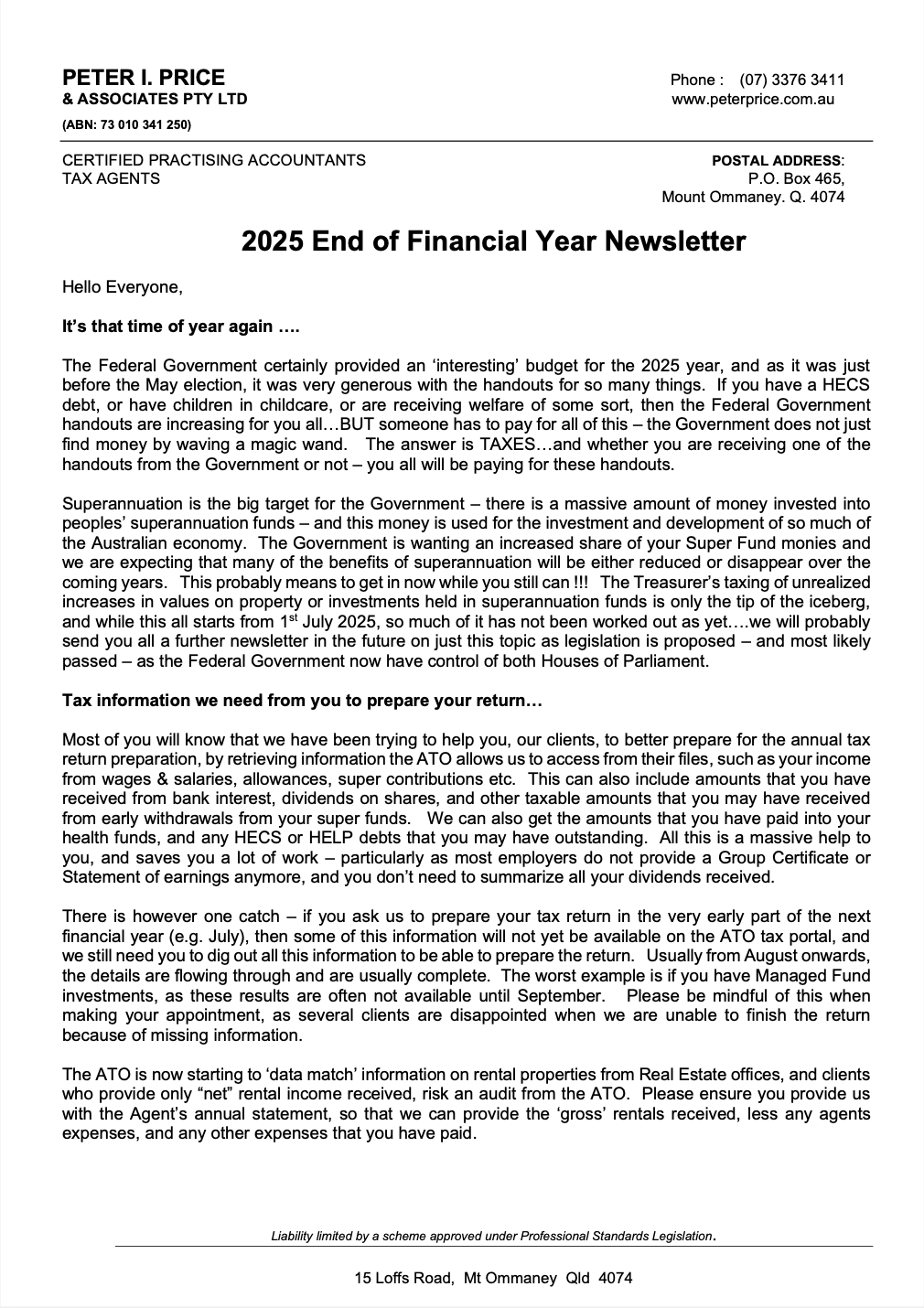Tax lawyer flags compliance traps with family trusts

.
Kristy-Lee Burns, partner at Owen Hodge Lawyers, has outlined some of the misconceptions about family trusts and family trust elections that can have tax consequences for taxpayers in these groups.
The Tax Office recently warned privately owned and wealthy groups that it was seeing an increase in issues with family trust distribution tax due to poor succession planning and inadequate record-keeping practices.
The ATO said it would be looking to target any deliberate tax avoidance undertaken through the use of family trust arrangements.
Based on what she has seen in practice, Burns said the ATO's attention on family trust distribution tax for now seemed focused on high-net-worth taxpayers and the transfer of generational wealth.
"We're seeing the ATO target long standing businesses with structures that have been in place for quite some time and handed down generation to generation," she said.
"That's not to say that the ATO won't apply their unfettered discretion to do so [in the future]."
"I suspect they're not as interested in the small business taxpayer as much as they are those businesses that have received greater concessional benefits from these arrangements."
There was also an expectation that these larger private groups could pay for accountants and the right expertise to manage trust distributions and tax appropriately.
Burns said many of the tax issues she was seeing were arising where distributions had been made to third parties who arguably were not a descendant of the test individual.
"Sometimes that's where distributions are made to a corporate entity that might not have necessarily been provided for under the deed. So a lot of the time in our space, we're having to advise people to go and get expert taxation advice on the likelihood that the ATO is going to pursue them," she said.
If there's a higher risk of the ATO taking action, they then need to obtain further advice on their ability to negotiate a resolution.
"The ATO typically likes to try and resolve the matter by getting money in their hand rather than [going to] the expense and cost of litigation in a federal court," Burns said.
Often, these types of issues were identified by tax professionals when the taxpayer was already being audited.
"For example, if a business is going through and amending tax returns for a couple of years, the ATO usually wants to investigate why there are so many amendments to tax returns. At that point, it usually starts to get involved in an audit."
Accountants then need to look carefully at the client's records to determine whether there would be any issues for the ATO to pick up on and whether they should immediately make a disclosure, she said.
One of the most common issues with family trusts, Burns explained, is that people don't understand that the family group is essentially frozen upon the death of the test individual.
"People often assume they can just simply appoint someone new but, unfortunately you're strictly adhered to that test individual's linear line of beneficiaries," she said.
"What happens is that you're not able to create new members or beneficiaries to give further distributions to and there's a bit of a misunderstanding on that. An example would be spouses of children, they're not automatically eligible to receive distributions in that scenario."
Burns also stressed the importance of reading the trust deed and ensuring it's compliant.
"Make sure you look into any conflicts as to the definition of beneficiaries because time and time again we see variations to trust deeds but people need to be aware of when that triggers a resettlement where they're varying certain clauses of the trust deed," she said.
It's also important when setting up a family trust to carefully select what person is going to be elected as the test individual.
"Make sure you look at whether that individual is the right person. If you appoint the wrong person such as someone that doesn't intend on having children that can create some real problems with flexibility," she said.
The law firm said there should also be meticulous notes on all distributions.
Accountants should also make sure their clients are aware of the intersection of Division 7A taxation laws regarding repayments, schedules and minimum repayments.
"Otherwise, you end up with clients that have all sorts of issues, including lost franking credits."
Miranda Brownlee
29 May 2025
accountantsdaily.com.au

